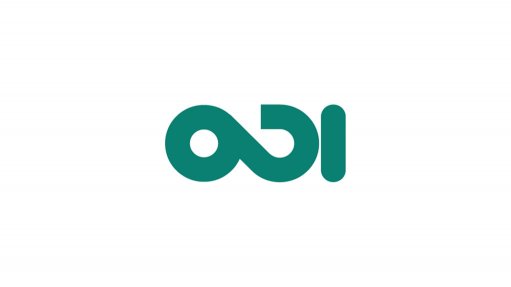
Donor governments tend to reconsider the scale and modalities of their development cooperation programmes when recipient countries move up the income per capita ladder. More and more countries have joined the middle-income group in the past 15 years. However, the evidence about what aid cuts and different aid modalities mean for recipient countries and the strategies and policies development partners should deploy when phasing out their cooperation programmes has been scant.
A growing body of analysis has attempted to shed light on some of these questions, often labelled with the short-hand ‘transition finance’. This literature review summarises the main findings and recommendations from this literature, as well as identifying gaps and areas for future research. The review also clarifies what transition, exit and graduation from aid mean, comparing criteria and policies across bilateral and multilateral donors.
The findings and recommendations from the literature on ‘transition finance’ can help to identify how development assistance can be deployed most effectively across countries and contexts at times when aid budgets are squeezed.
Report by the Overseas Development Institute